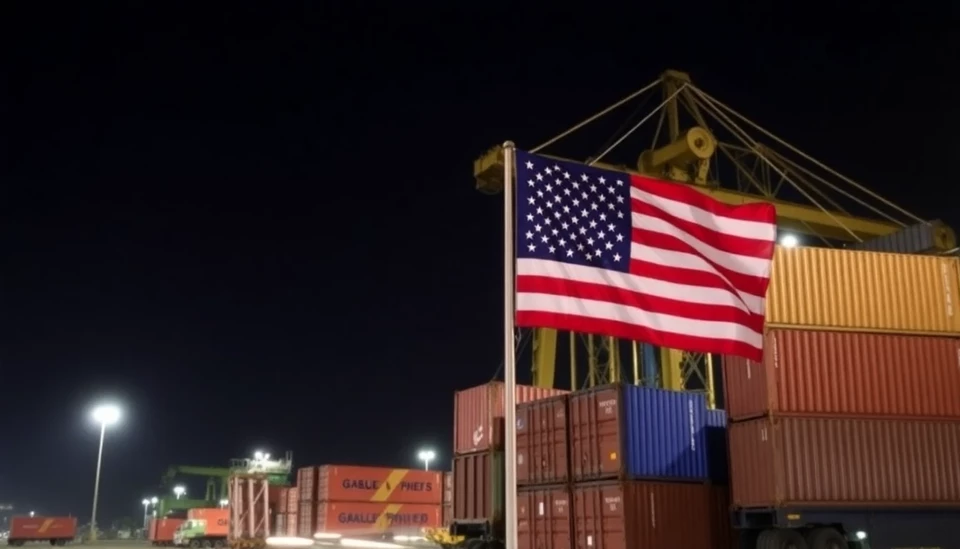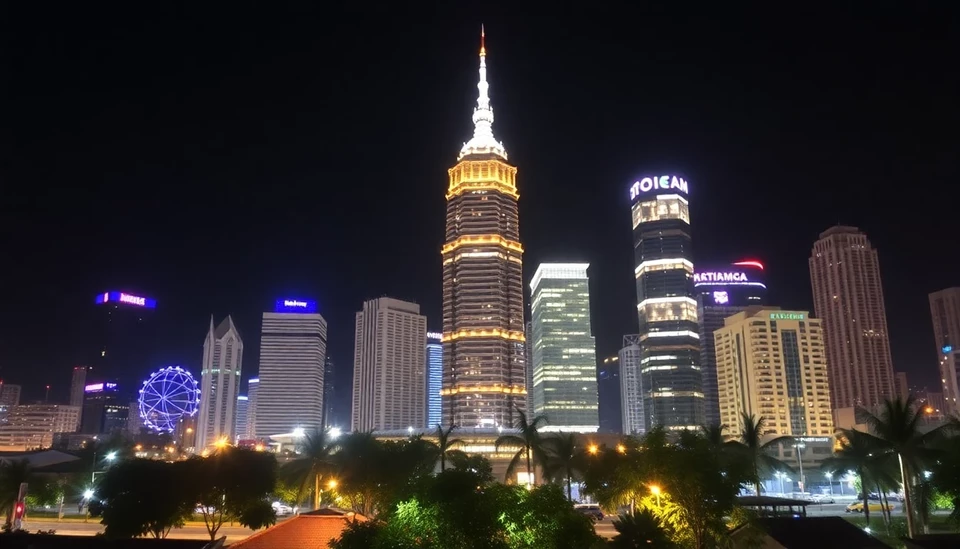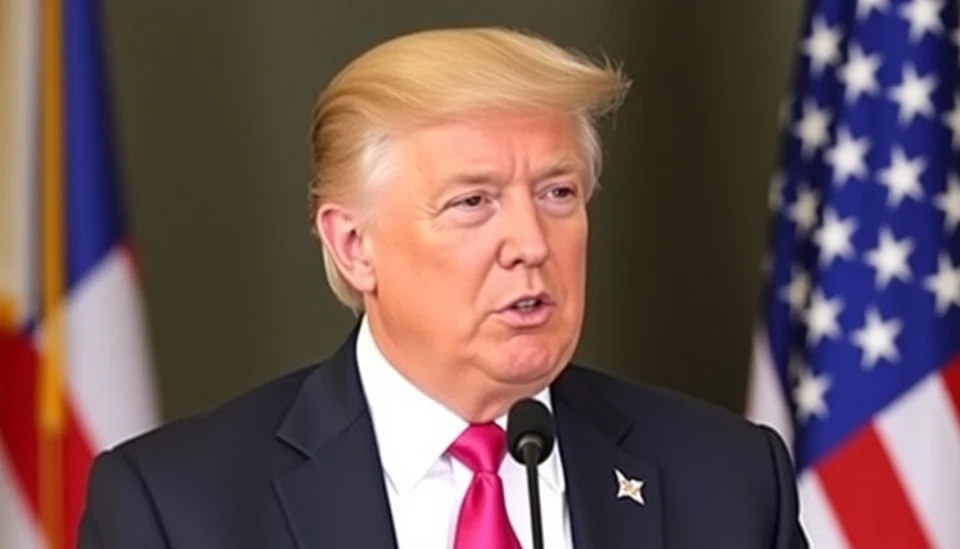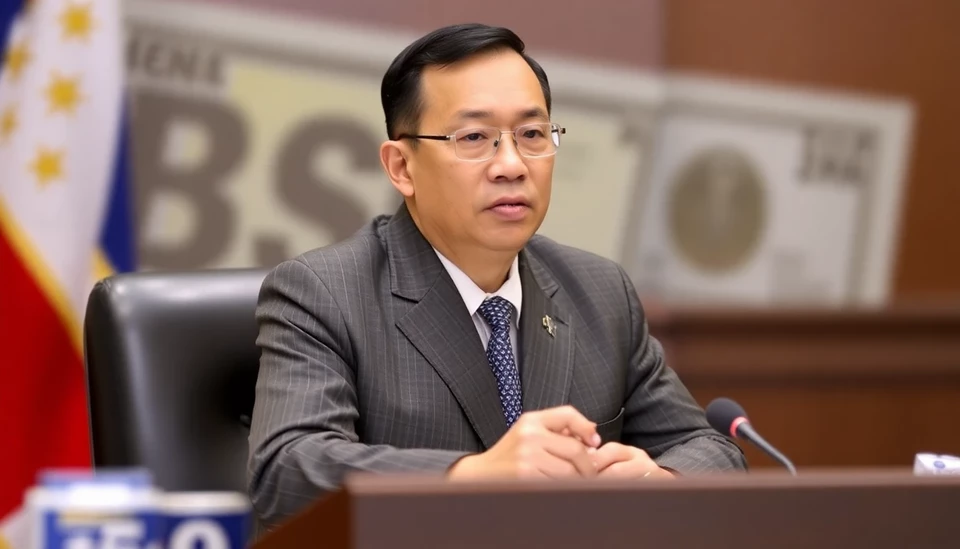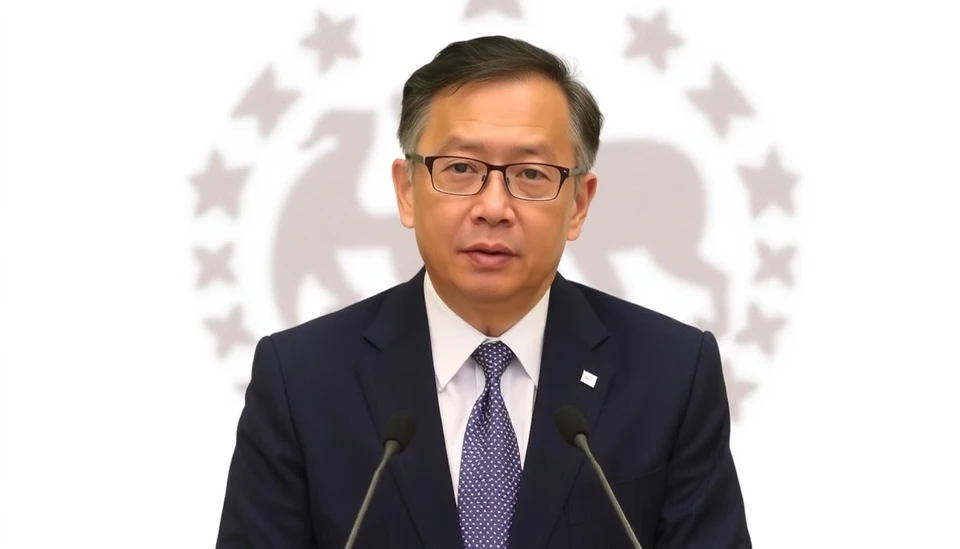
The monetary chief of the Philippines has expressed concerns regarding the escalating trade tensions and its potential impact on the nation’s economy. In a recent announcement, Governor Felipe Medalla indicated that the central bank, Bangko Sentral ng Pilipinas (BSP), might pursue further easing measures in response to worsening global trade wars, which threaten investments and economic stability.
Medalla's statement comes as the Philippine economy grapples with external challenges that could hamper growth. The ongoing trade disputes, particularly those involving major economies, have created an uncertain global market, stirring fears over potential declines in exports and foreign direct investments. In light of these factors, the governor has hinted that the central bank may adjust its policy stance to support economic activity.
The BSP has already made significant moves in recent months to stimulate the economy, including interest rate cuts and relaxing lending regulations. Medalla noted that while these measures have had their intended effects, the persistent global pressures could necessitate a reevaluation of the monetary policy framework, facilitating additional stimulus to bolster domestic consumption and investment.
Moreover, Medalla highlighted that the central bank is closely monitoring inflation rates, which have shown signs of stabilization but remain a critical area of concern. He underscored that excessive inflation could limit the BSP’s ability to implement further easing and emphasized the need for careful calibration of its policy tools to strike a balance between stimulating growth and controlling price levels.
The governor’s remarks reflect a broader concern among policymakers who are tasked with navigating the complexities of an increasingly interconnected global economy. With the Philippines being notably reliant on trade, disruptions caused by international conflicts could adversely affect key economic indicators including GDP growth and employment rates.
As global economic uncertainties loom, market analysts and investors will be watching closely to see how the BSP responds in the coming months. Medalla’s openness to further easing suggests readiness to act should conditions deteriorate, providing reassurance to stakeholders that the central bank remains committed to sustaining economic growth.
Ultimately, the path forward will depend significantly on both local economic conditions and global trade dynamics. The BSP aims to remain agile in its approach, ensuring that any needed policy shifts can be executed swiftly to safeguard the economy during these turbulent times.
In conclusion, as the Philippines faces mounting pressures from international trade conflicts, Governor Felipe Medalla’s statements reflect a proactive stance by the central bank to remain flexible and responsive. The potential for further monetary easing underscores the critical intersection between global events and domestic economic policy, as the nation seeks to navigate toward stronger fiscal health.
#PhilippinesEconomy #TradeWars #MonetaryPolicy #BSP #InterestRates
Author: Daniel Foster
